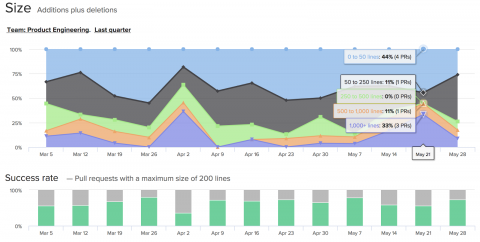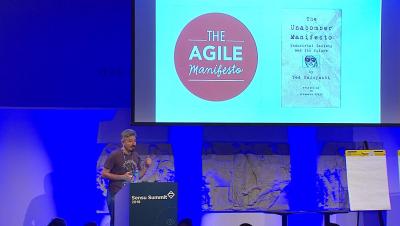Alert fatigue, part 3: automating triage & remediation with check hooks & handlers
In many cases — as you’re monitoring a particular state of a system — you probably know some steps to triage or in some cases automatically fix the situation. Let’s take a look at how we can automate this using check hooks and handlers.








